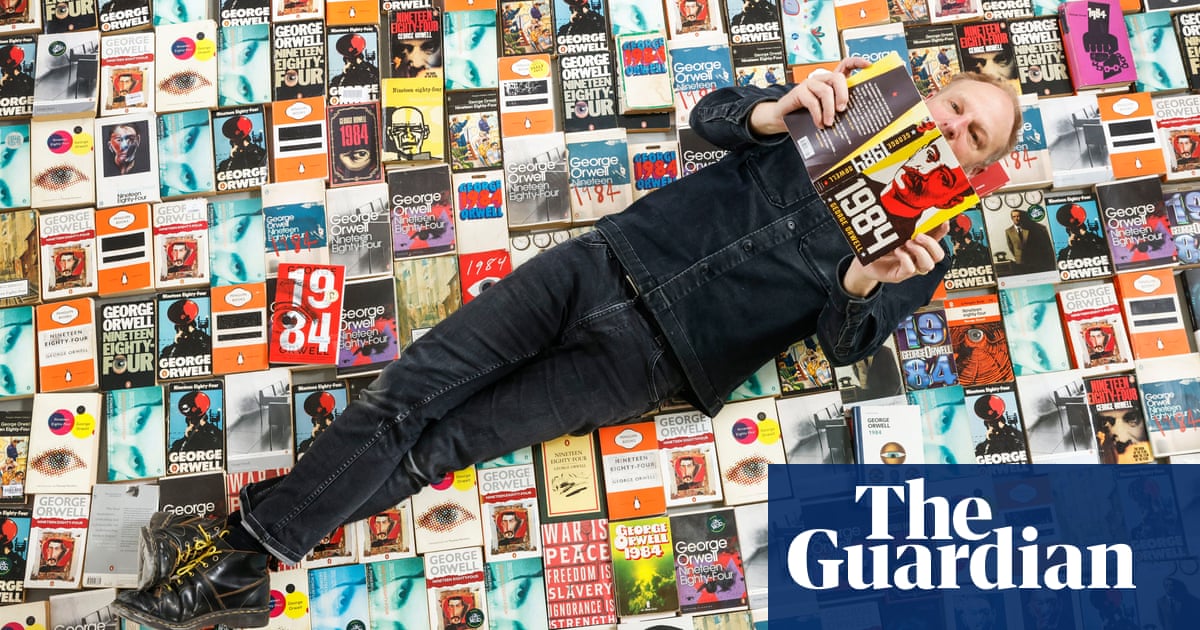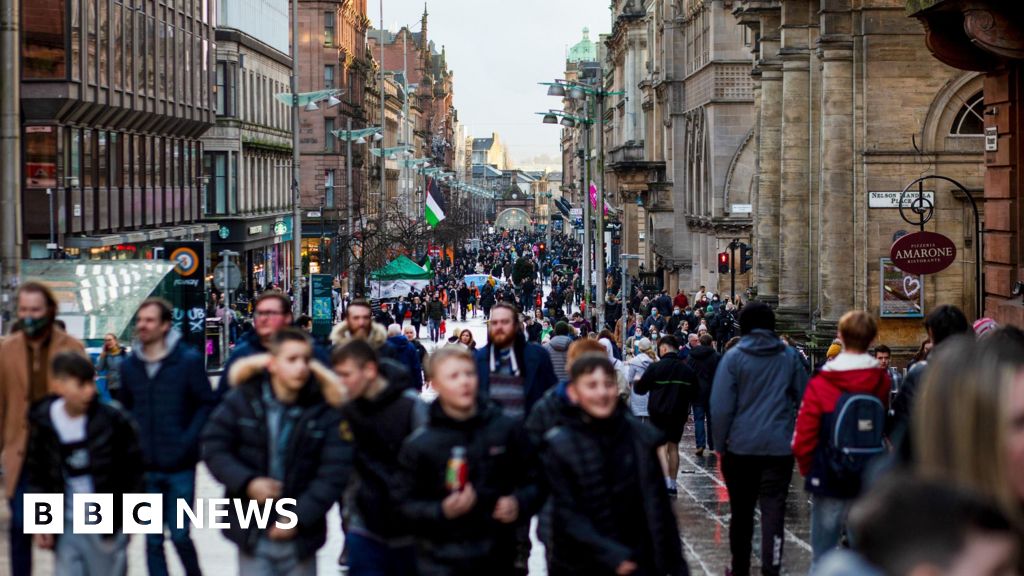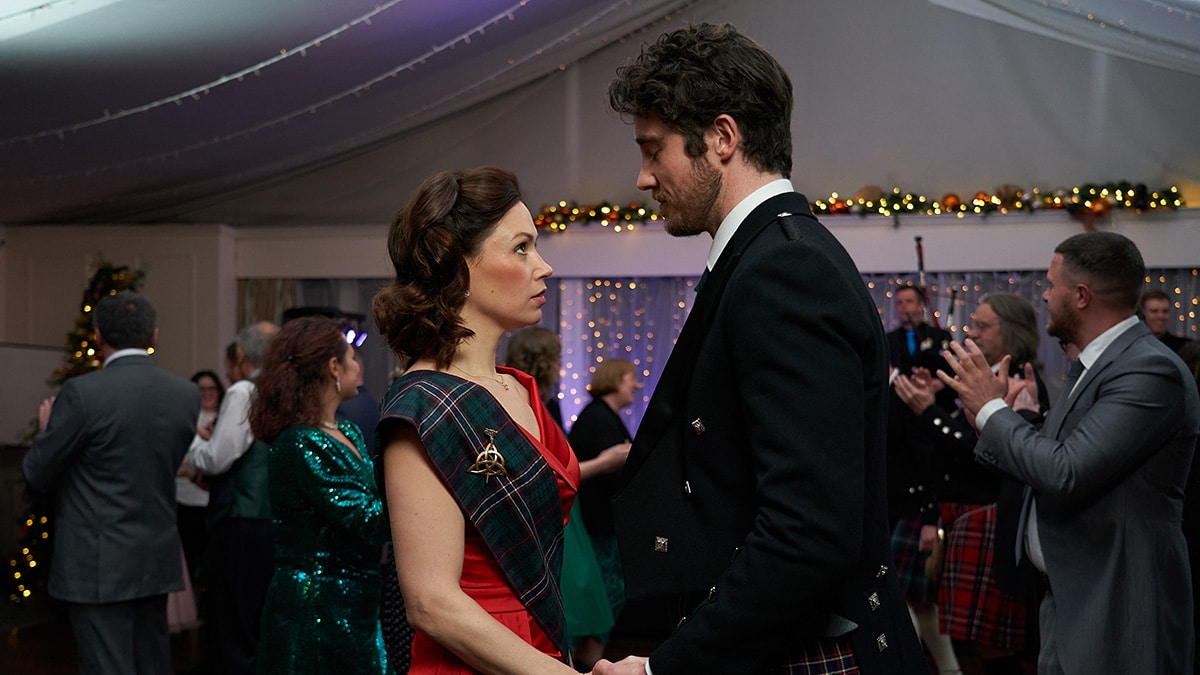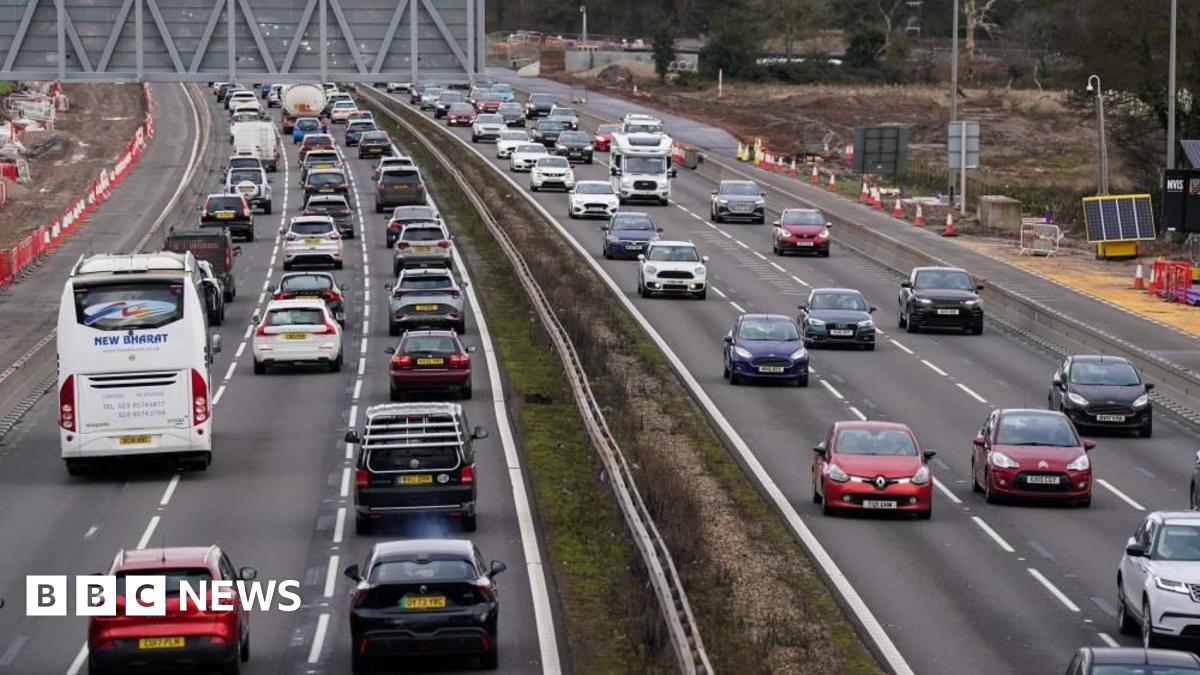World
Scottish artist receives hundreds of copies of Orwell’s Nineteen Eighty-Four in the post

Copies of George Orwell’s dystopian masterpiece Nineteen Eighty-Four have been arriving at an artist’s studio in Edinburgh for months. Every shape and size, posted from Ukraine, Hong Kong, Peru, Germany, Cape Cod and Sarajevo.
Some are in mint condition, others are dog-eared, tea-stained, heavily annotated or turned into graffitied art works. One is a water-stained first edition; one is a secret love letter from a married woman to her first love; another, a graphic novel version, came from Orwell’s son Richard Blair.
Each has been donated to a unique installation in the community hall of Jura, the Hebridean island where Orwell, in dire poverty and desperately ill, wrote Nineteen Eighty-Four during the late 1940s, to mark its publication 75 years ago.
Hans K Clausen, a sculptor based in Edinburgh, is collecting 1,984 copies of the book to exhibit on Jura for three days in early June. It will be an interactive, “living” sculpture where visitors are invited to open and read every volume.
Many have arrived, often with overseas postmarks and customs stamps, addressed to “Winston Smith, care of Hans K Clausen”.
“I don’t see my art project as political,” Clausen said. “It has politics woven through it, but it also has a love story woven through it, so I’m interested in Nineteen Eighty-Four the novel; I’m interested in all the layers,” he said.
“Often people overlook the romance and the love, and this man trying to find his own humanity. It gets lost in the Big Brother-ness of it all. So in some ways, I’m trying to be the impartial, neutral artist inviting people to take from it what they will.”
One correspondent, a married woman who called herself Julia, after the hero Winston’s lover, sent in her personal copy as a memorial to her first love, a man also married to someone else, her Winston.
Clausen said his installation, the Winston Smith Library of Victory and Truth, is designed to be “a monument [to] the defiance of the printed word”. He is still taking donations and is about 100 volumes short of the target. In return each donor receives an enamelled pin-badge as a gesture of thanks.
Clausen wants visitors to appreciate the materiality of each volume: the Russian copy printed on coarse paper; the impeccably printed Japanese edition; the hand-cut Canadian volume on thick paper; the musty odour and yellowing edges of the oldest copies; the intense annotations and highlighting in others, and the inexpert repairs with sticky tape to the ones with battered spines.
In his small studio at Edinburgh Sculpture Workshop, a volume from Ukraine sits alongside another from Russia; one in Arabic leans on another in Hebrew; there are Chinese editions in Cantonese and Mandarin. Another came in from the Bosnian capital Sarajevo, which bore the brunt of Serbia’s ethno-nationalist war 30 years ago.
Clausen has worked with secondary school pupils in Edinburgh, London and on Jura itself, with pupils who live there but go to school on neighbouring Islay, who have customised copies using paint, scalpels and pens. A teacher and sculptor at Cape Cod community school in Massachusetts cut an intricate Big Brother artwork into his.
The installation includes audiobooks on cassette and films on DVD. The audiobooks will be broadcast over two wide-mouthed loudspeakers reminiscent of the omnipresent speakers that indoctrinated the citizens of Airstrip One.
Visitors to Jura will find a desk with a 1940s typewriter and a paperweight, in reference to the object Winston bought in the antique shop above which he and Julia conducted their illicit affair. The shop itself was a front for the thought police.
Clausen, who is self-financing the project after being turned down for funding, hopes the sculpture will tour. The Orwell Foundation, set-up to promote courageous writing and based at University College London, has expressed interest.
“When I get home from Jura, that’s my credit card maxed out,” he said. “It does have to be seen. I feel like it’s a commitment, that this needs to go somewhere.”
The project has the blessing of the Orwell Society, a group set up under Richard Blair’s patronage in 2011 to promote his work. Quentin Kopp, the society’s chairman, whose father, George, was Orwell’s commander in the Spanish civil war, said they spent time talking to Clausen.
“We satisfied ourselves this was a very genuine initiative,” Kopp said. Kopp is among the donors, giving Clausen an early copy of Penguin’s paperback editions from the 1960s.
“This book has a clear modern resonance with many things that are going on. It’s staggering how prescient Orwell was.”










